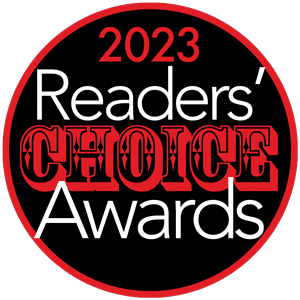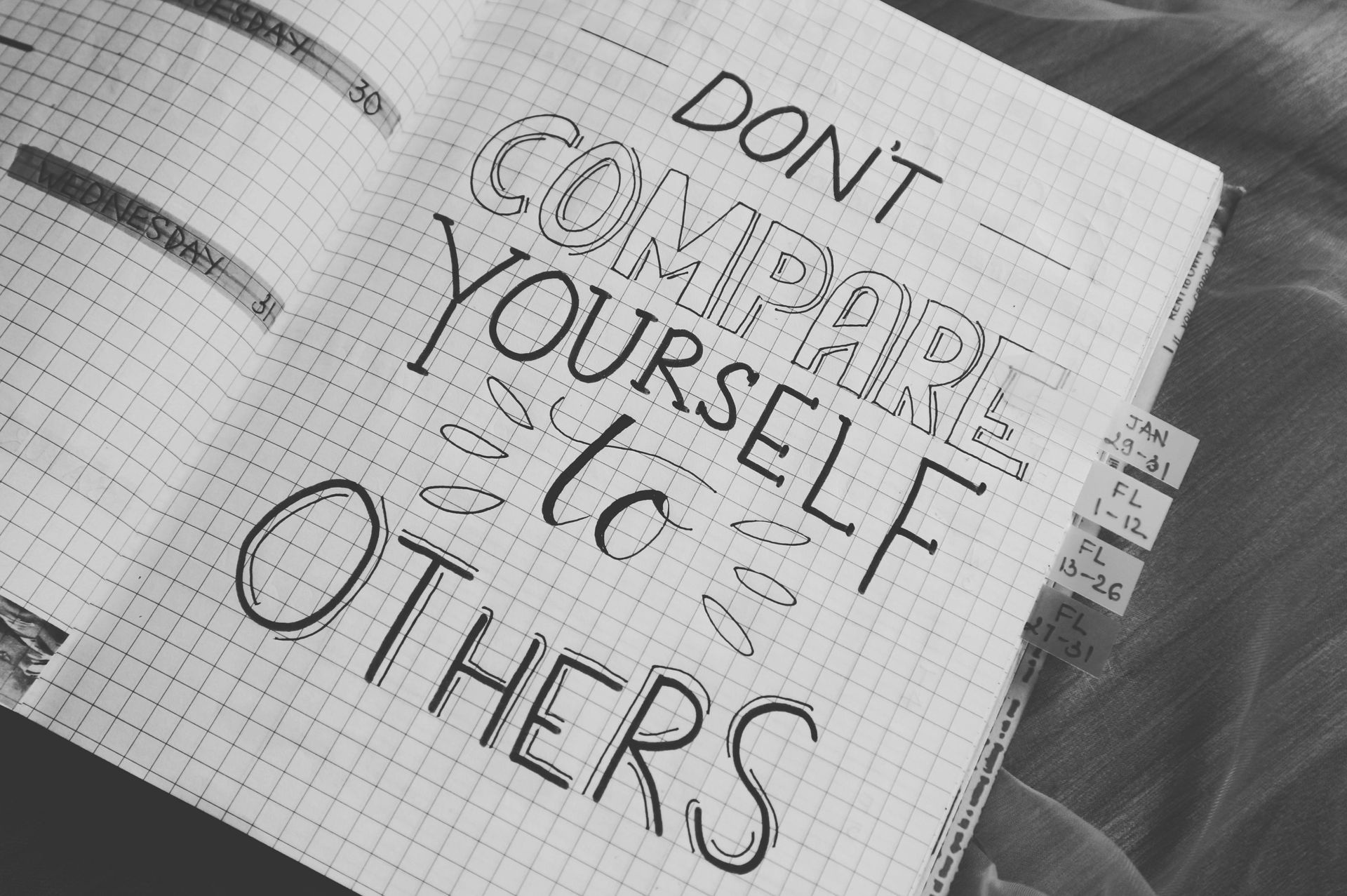Wilson Whitaker Rynell, Your Intellectual Property Rights Attorneys.
Wilson Whitaker Rynell is a leading intellectual property law firm in Dallas offering trademark, patent, and IP litigation services. Our IP lawyers and standing by to take your call!
Wilson Whitaker Rynell, Your Intellectual Property Rights Attorneys.
For over 25 years, Wilson Legal Group, a law firm specializing in intellectual property (IP), patents and trademarks in Dallas. The expertise of our Dallas IP lawyers spans patent application drafting, handling office actions, trademark filings, and addressing trademark office actions.
Dallas IP Attorneys Responsive & Responsible
Wilson Legal Group (also known as Wilson Whitaker Rynell) is a leading trademark and patent law firm serving Austin, Dallas, and Houston, with over 25 years of expertise. Renowned for consistently ranking among the industry's top firms, we cater to a diverse clientele, spanning small businesses to large corporations.
Our extensive experience includes managing international trademark portfolios across fashion, safety, transportation, retail, and hospitality sectors. We offer comprehensive trademark selection and protection services globally, coupled with seasoned litigation support! Our team assists clients in achieving optimal business outcomes, both in and out of the courtroom. Should you require litigation or trial assistance, Wilson Legal Group has a proven track record of successfully prosecuting thousands of trademark applications, including oppositions and cancellations, with the U.S. Patent and Trademark Office.
Safeguarding Your Intellectual Property Rights
Patents
Securing a patent from the U.S. Patent and Trademark Office (USPTO) is essential to safeguard your innovations. A patent grants you exclusive rights to utilize or license an invention while preventing competitors from doing the same. However, obtaining a patent can be complex as it requires demonstrating that your invention is novel, useful, and non-obvious. Our patent attorneys specialize in comprehending clients' innovations and formulating expansive patent claims. With adept legal knowledge and technological proficiency, we aid in prosecuting your patent claim with the USPTO. Moreover, we facilitate clients in international patent registrations under the Patent Cooperation Treaty (PCT).
Patents are granted for novel designs, devices, or methods that haven't been publicly disclosed. Timing is crucial; filing a patent application within one year of public disclosure is advisable to enhance the chances of registration.
Maximizing profitability is a key objective of patent registration. It's imperative to thoroughly assess the profitability and feasibility of your intended patent registration. Given the higher costs and intricate procedures associated with patent registration compared to other intellectual property registrations, seeking guidance from a patent expert is often indispensable.
Trademarks
Strategic utilization of trademarks and service marks is pivotal in establishing brand identity. By obtaining proper trademark registration, you gain the authority to prevent others from using the mark.
Rely on our Dallas IP attorneys to navigate you through brand identification and trademark selection phases. We conduct comprehensive searches of the trademark registry, manage the registration process, and prepare applications for international trademark registration in collaboration with local counsel. To register a trademark in the United States, obtaining approval from the United States Patent and Trademark Office (USPTO) is essential.
Leveraging our extensive experience in handling numerous trademark applications, our firm provides guidance through all stages of the U.S. federal registration process, offering profound insights into U.S. trademark law. Additionally, we offer trademark pre-filing search services to mitigate the risk of refusal by USPTO examiners. We cater to businesses across various sectors, from cosmetics and clothing brands to IT services and restaurants, addressing their trademark application requirements.
The Value of IP Property Assets
Intellectual property (IP) protection offers the advantages of exclusivity and defense against infringement claims. Simultaneously, IP rights serve as valuable assets that can unlock new markets and generate additional revenue streams. At Sul Lee Law Firm, we formulate forward-thinking IP strategies that encompass the purchase, sale, and licensing of intellectual property.
IP Resources & Services
- Patent Overview
- Patent Prosecution
- Provisional Patent Application
- Patent Infringement
- Trademark Overview
- Trademark Registration
- Trademark Infringement
- Trademark Coexistence
- Copyright Overview
- Copyright Registration
- Copyright Infringement
- DMCA Compliance
Need any help?
Getting in touch is easy. Use the form below and request a free consultation today.

Links to IP Blogs



IP Due Diligence and IP Portfolio Protection
Our intellectual property lawyers possess significant expertise in assessing IP portfolios to conduct thorough due diligence and IP audits. These processes empower companies to assess their market standing, strategically plan IP strategies, and enhance their competitive positioning within their operating landscape.
Complete intellectual property protection from our Dallas attorneys
We specializes in trademark and patent protection and hold extensive knowledge in all areas of trademark registration, patent registration and trademark and patent protection . We defend both national and international trademark and patent clients, ensuring their intellectual property is securely protected. We focused on IP litigation, our Dallas office provides the full range of IP services, including
- Patent protection and prosecution
- Trademark protection registration
- IP Litigation and dispute resolution
- Technology licensing
- U.S. Customs and Border Protection (CBP)
Award Winning
Recognized in the legal industry as dedicated board-certified lawyers and Rising Stars.
Expert Team
Your project will be handled by legal experts every time. You will have the most experienced attorneys working for you.
Quality Representation

Let's talk about your legal issue
Wilson Legal Group P.C.
d/b/a Wilson Whitaker Rynell
(972) 248-8080 (Dallas) MAIN OFFICE
(713) 830-2207 (Houston) Appointment Only
(512) 691-4100 (Austin) Appointment Only
For more information on how we can assist in your intellectual property, commercial litigation, divorce, or other personal needs, let us know how we can help you:
How Can We Help You?
WILSON WHITAKER RYNELL
Thank You for Contacting Us!
Your information has been sent, and we will contact you shorlty...issues.
WILSON WHITAKER RYNELL
Oops, there was an error sending your message.
Please try again later.
Disclaimer:
This form does not establish an attorney-client relationship, and should only be used to contact the firm about scheduling a call or meeting. No confidential or sensitive information should be sent using this form.
We represent clients nationwide, including Dallas, Austin, Houston, and other Texas areas such as Fort Worth, Arlington, Carrollton, Plano, Allen, Lewisville, Flower Mound, Irving, Denton, McKinney, North Richland Hills, and all cities within Dallas County, Tarrant County, Collin County, and Denton County.
OFFICES
ABOUT
CONTACT
BLOG
Wilson Whitaker Rynell
16610 Dallas Parkway, Suite 1000
Dallas, Texas 75248
972-248-8080 (MAIN)
972-248-8088 (FAX)
info@wrrlegal.com (E-MAIL)










